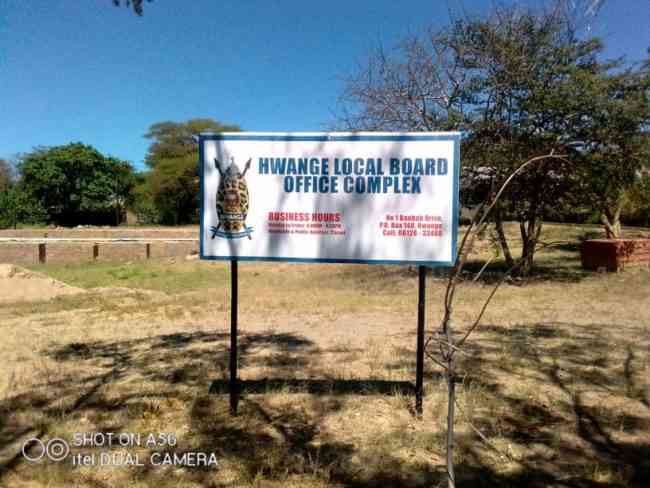
The Hwange Local Board is planning to kick-start a fish breeding project as part of its plans to widen its revenue base and is targeting Chinese miners in the coal-mining town as part of its market.
Fish is considered to be healthy food in Chinese tradition, and it has been a staple in the Chinese diet for thousands of years.
Hwange chairperson councillor Morrison Mafa told Sunday Southern Eye that the local authority wanted to move away from a situation where it solely relied on rates for its revenues.
Mafa said they were exploring various other income generating projects with the fish farming project already having received the greenlight.
“We need to look at various revenue streams to augment our coffers and refrain from relying on rates,” he said.
“One project, which quickly comes to mind, is fish breeding.
“We have thought of taking it up first although we have others, which we can also pursue such as having a truck stop.”
A special committee for the HLB fish project has already been put in place, and is chaired by Ward 2 councillor Fani Chirwa with proportional representation councillor Chiratidzo Mdimba as the deputy.
- Of memorialisation, Gukurahundi politics
- Travelling & Touring Town: status: Beckoning time for Binga, Hwange
- Hwange eyes town status
- Travelling & Touring Town: status: Beckoning time for Binga, Hwange
Keep Reading
Ward 3 councillor Bryn Chikumbo is a committee member.
"I'm quite positive that once it (fish project) takes off, we will never go wrong because fish is always in demand,” Mafa said.
“Thus, we are assured of a sustainable revenue generation project.”
Zimbabwe is currently rated as one of the top 10 fish producers in Sub‐Saharan Africa.
Fish farming in Zimbabwe is dominated by the culture of Nile tilapia followed by rainbow trout.
Over 90% of the cultured fish comes from Lake Kariba.
The annual demand for fish in Zimbabwe is estimated to be 40 000 tonnes per annum.
“Thus, provision of readily available fresh fish produce will give council an edge over our competitors who are located a distance from the market,” Mafa said.
Council has since identified a site for the fish project, according to acting spatial planning and land management director, Themba Sibanda.
"We have reserved 2000 square metres in the Don Bosco area for the fish project,” Sibanda said.
“This area has suffered from massive land degradation as a result of illegal brick moulding activities to the extent that it's now littered with pits.”
He said the fish farming project would result in the eviction of illegal brick moulders in the area, and rehabilitation of the site.
"The number of ponds to be constructed at the site will depend on the proposed size of the pools," Sibanda said.
Demand for fish has grown globally as it has become an alternative and a bigger source of protein meal-wise and for other uses.






